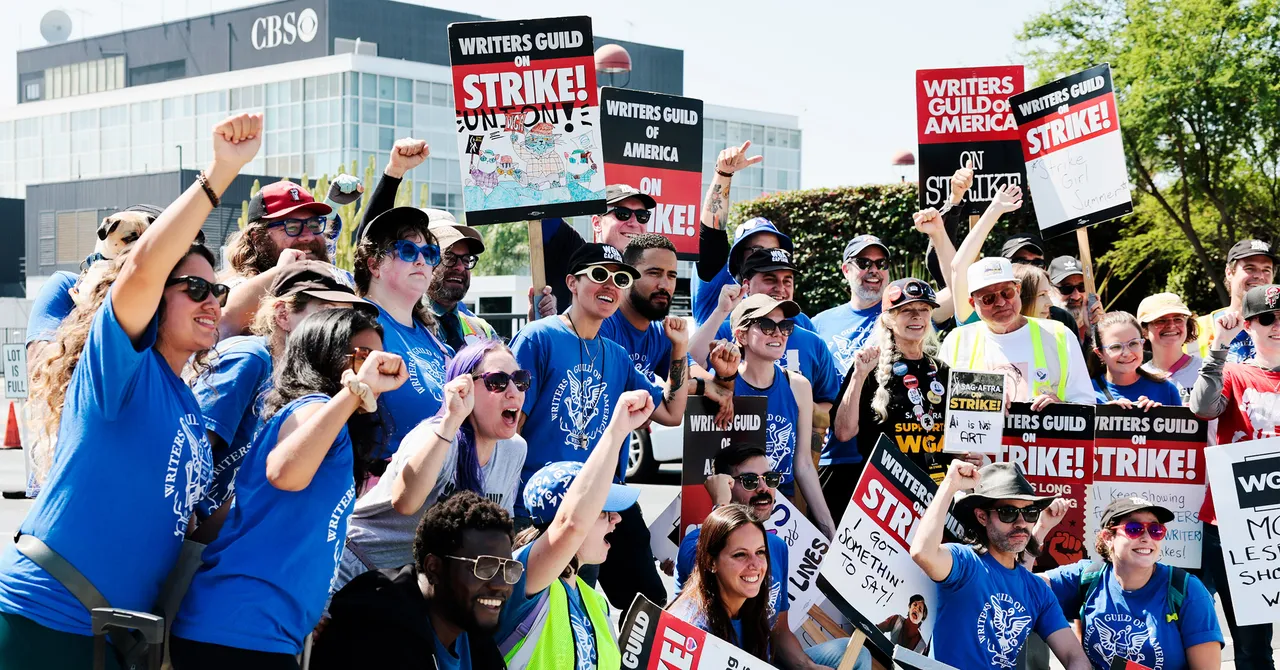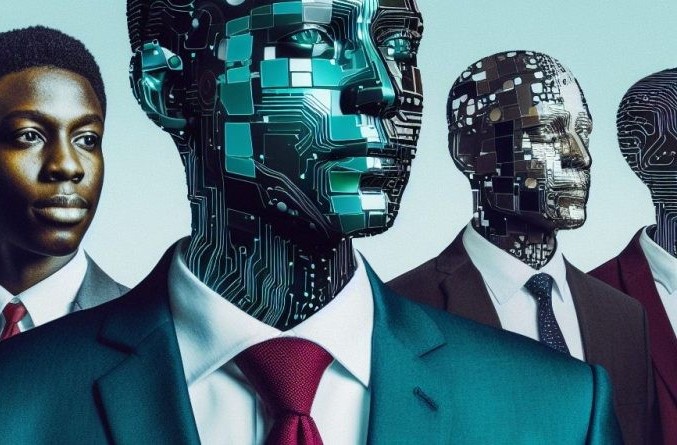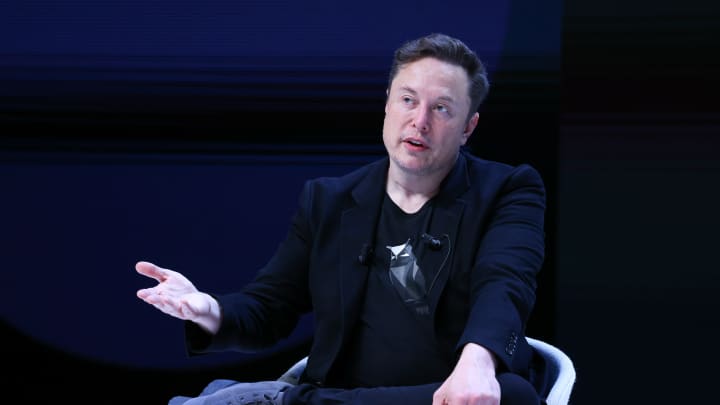Hollywood voice actors and motion capture artists in the video game industry plan to strike on July 26 over concerns about AI protections and industry “abuse.”
For the past 18 months, the American labor union has been attempting to get a clause forbidding publishers from using AI to create replicas of its performers’ work without their permission.
The strike is scheduled to begin on July 26. This was verified by the Screen Actors Guild—American Federation of Television and Radio Artists and the Interactive Media Agreement (SAG-AFTRA)—citing the failure of almost 18 months of negotiations with a body that represents multiple video game companies.
Some of these companies include Activision Productions, Disney Character Voices, Electronic Arts Productions, Formosa Interactive, and Insomniac Games.
The labor union demands that these companies that wish to use actors and artists from SAG-AFTRA sign several contracts that provide “critical” AI protections for its members.
“[But] the employers refuse to plainly affirm, in clear and enforceable language, that they will protect all performers covered by this contract in their A.I. language.”

According to an NBC News report, a representative for the video game businesses expresses disappointment with the ruling, saying they have previously established “common ground” with the producers on 24 of the 25 requests, which include pay raises and more safety measures.
In June 2023, SAG-AFTRA members working in film and television went on a similar strike, partly because the entertainment companies would not forgo using SAG-AFTRA members’ voices and faces created by artificial intelligence in their productions.
“We will not sign a contract that permits businesses to misuse artificial intelligence to the disadvantage of our members. Fran Drescher, President of SAG-AFTRA, emphasized, “Enough is enough.” “We will be here, ready to negotiate, when these companies get serious about offering an agreement our members can live — and work — with.”
As the “driving force” behind the success that allows the video game industry to make billions of dollars in profit every year, these actors’ rights ought to be respected, according to Duncan Crabtree-Ireland, National Executive Director of SAG-AFTRA and Chief Negotiator.
“They deserve and demand the same fundamental protections as performers in film, television, streaming, and music: fair compensation and the right of informed consent for the A.I. use of their faces, voices, and bodies.”
IMANC Chair Sarah Elmaleh criticized the entertainment businesses for their refusal to make concessions on the AI clauses, and she accused them of attempting to engage in “flagrant exploitation.”
A few months following the second strike, California legislator Ash Kalra proposed a bill requiring work contracts to include informed consent about digital replicas to safeguard performers, artists, and entertainers against artificial intelligence (AI).
On July 2, the California Senate approved an altered version of the measure, although it has yet to become law.



